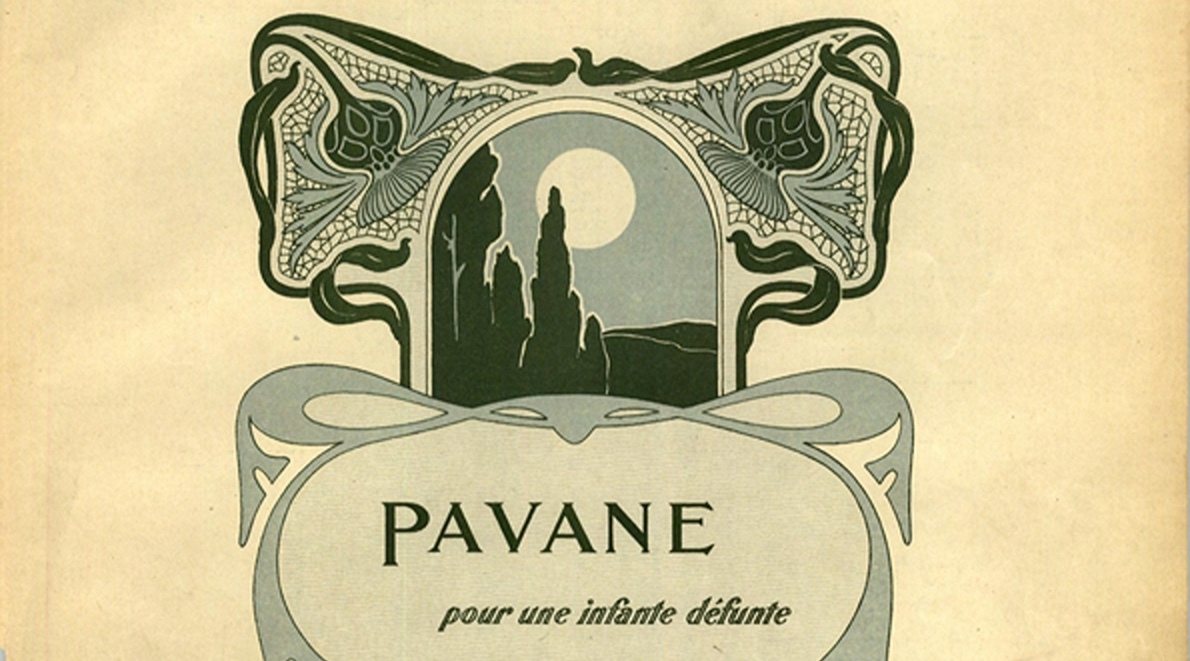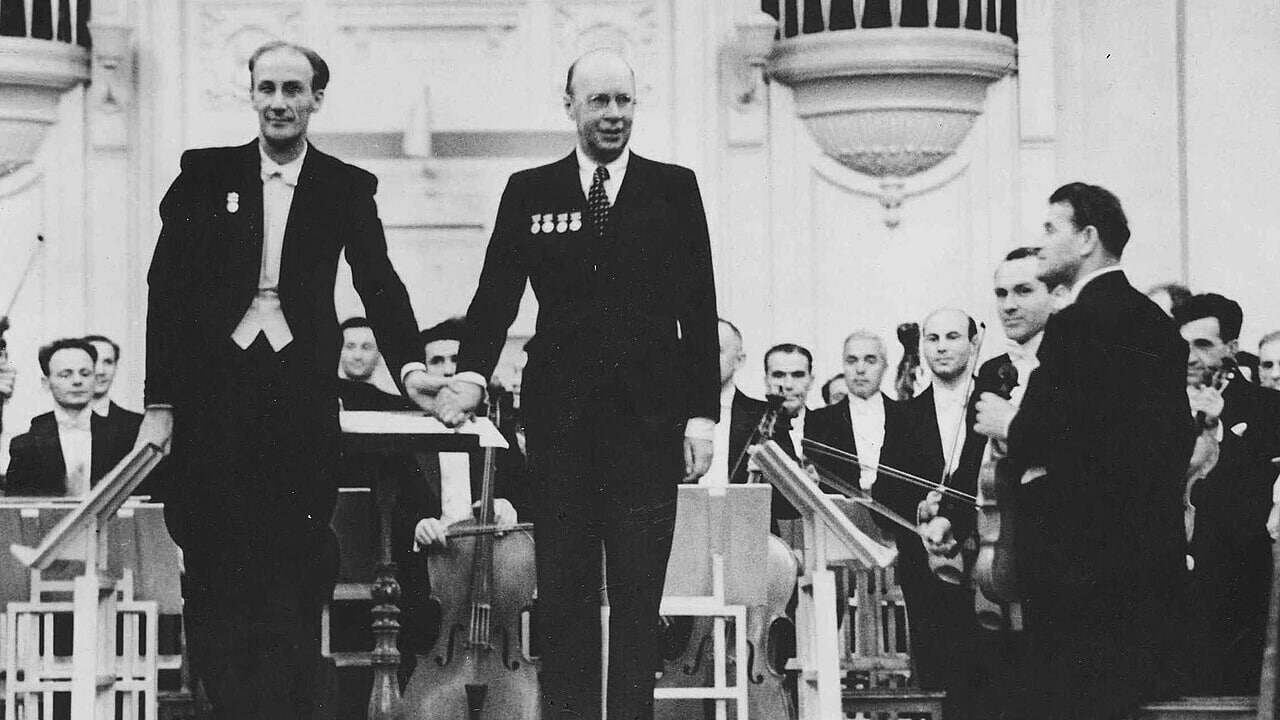Ravel’s Pavane pour une Infante Défunte: A Dreamy Evocation
A stately, processional dance, the pavane was popular in European courts throughout the Renaissance. With dreamy nostalgia, Maurice Ravel’s Pavane pour une infante défunte (“Pavane for a Dead Princess”) evokes visions of these distant times. The brief work was composed in 1899 for solo piano, and orchestrated in 1910. Ravel chose the title because he liked the sound of the words. He insisted, Do not attach any importance to the title. I …







